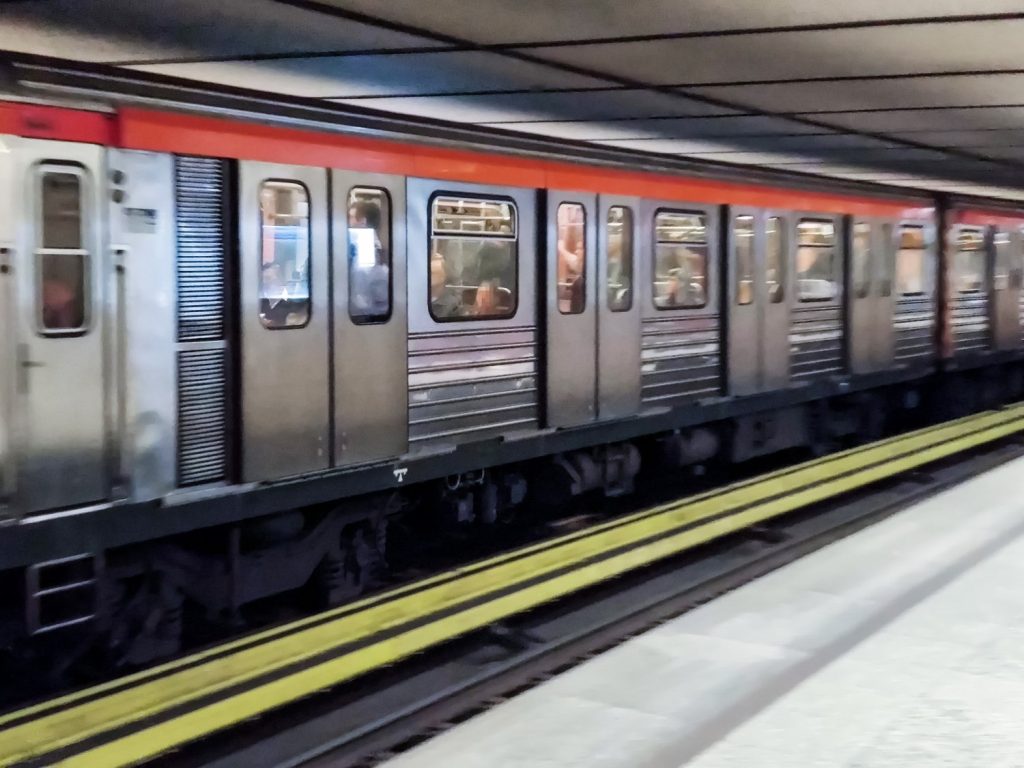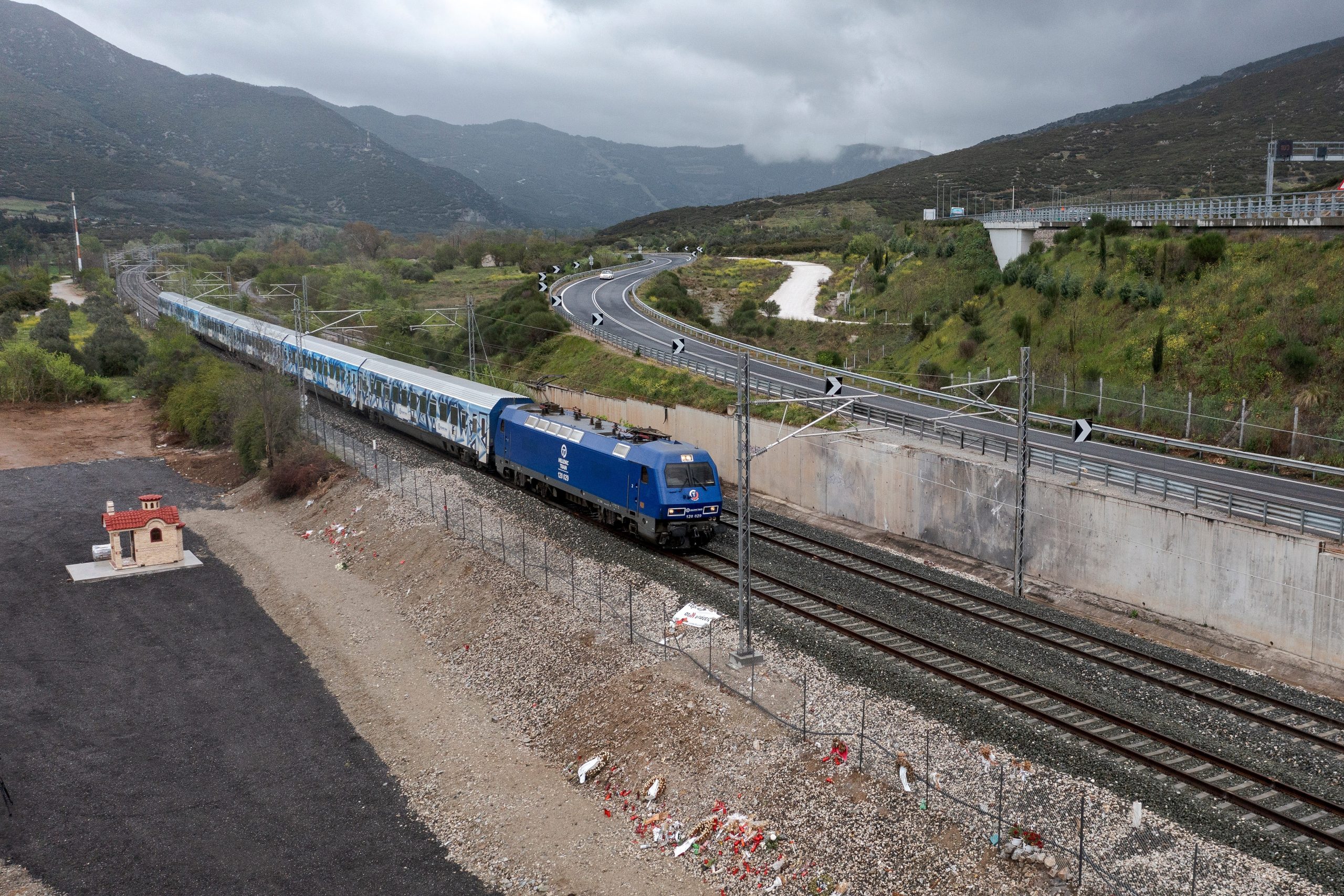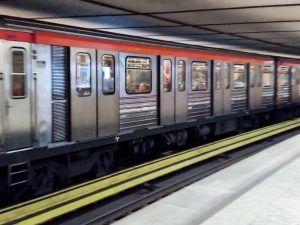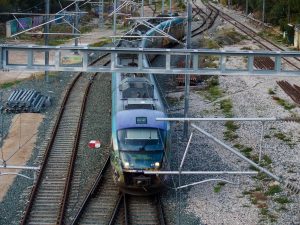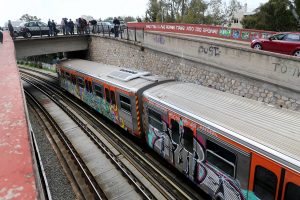On Monday afternoon, a potentially catastrophic train collision was narrowly avoided near Korinos Station in Pieria, northern Greece.
Today Hellenic Railways has announced it is investigating the safety systems in the aforementioned area.
According to reports in local media, a suburban train traveling the Thessaloniki-Larissa route had stalled on the descending track due to engine trouble. At the same time, an Intercity train traveling from Thessaloniki to Athens, with approximately 200 passengers onboard, was approaching the same track unaware of the stationary train ahead.
Reports state the Intercity train proceeded through green signals, which should have been red due to the stalled train ahead. The drivers of the Intercity train were made aware of the stalled train only after overhearing the driver reporting the breakdown over the radio. They contacted him via mobile phone to confirm the location of the stalled train and, upon realizing the imminent danger, applied the brakes, managing to stop the train roughly 1.5 kilometers short of a potential collision.
On Wednesday, the Hellenic Railways (OSE) acknowledged the incident and announced that it is conducting an investigation to determine why the automated signaling system failed to reflect the stalled train on the track.
“It is stressed that this section of the railway network has been operating signaling and telecommand since August 2023,” stated the company. “This system has received all the necessary safety certificates as required by the relevant legislation, and has the corresponding safe operation certificate issued by the RAS.”
This incident is the latest in a series of incidents on Greece’s rail lines, the most serious of which was the deadly head-on collision outside of Tempi which claimed 57 lives. However, in recent months there have been several other incidents including another near-collision on September 13 between two passenger trains near Aghii Anargyri station in northwest Athens.That potential disaster was narrowly avoided when train conductors, realizing they were on the same track, communicated and stopped the trains in time.
The Tempi tragedy exposed numerous problems plaguing Greece’s rail system, such as poorly trained staff, tracks in disrepair, a lack of fail-safe systems, malfunctioning radio communications, and chronic underfunding. Additionally, several parts of the Greek railways are still missing critical traffic control and signaling systems, which are required under European Union law, and were missing along the portion of the track where the Tempi crash occurred. While hundreds of millions of euros have been promised for upgrades– including improved signaling– reforms lag and problems persist.
